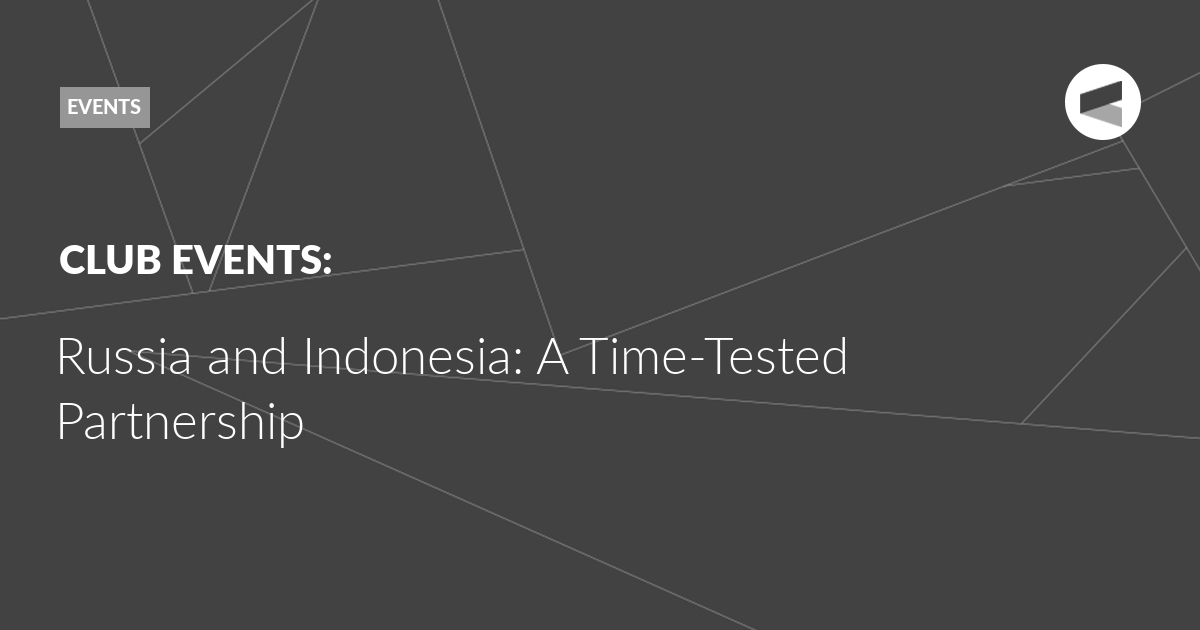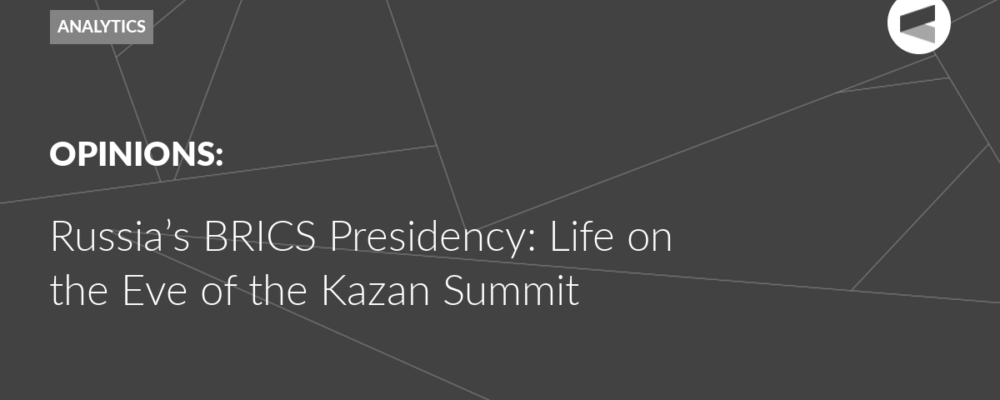On September 16, the Valdai Club hosted a presentation of the analytical paper titled “Maritime Geopolitics of the Pacific and Indian Oceans: A View from Moscow”, prepared ahead of the Russian-Indonesian Seminar in Jakarta. The moderator was Oleg Barabanov, Programme Director of the Valdai Club.
Lyudmila Vorobyova, Director of the Third Asian Department of the Russian Foreign Ministry, briefly spoke about Russian-Indonesian cooperation, describing Indonesia as a time-tested partner for Russia in the Asia-Pacific region. She added that next year will mark the 75th anniversary of the establishment of bilateral relations. They were especially warm in the 1960s. The USSR provided significant assistance in the formation of the young Indonesian state. With its help, many important facilities were built, it trained personnel for Indonesia and supplied equipment. Indonesia’s first president Sukarno visited Moscow four times. Today, the countries continue to embrace the traditions of friendship, trust, and mutual assistance established during the last century. Political dialogue is developing, meetings between foreign ministers and interparliamentary exchanges are held regularly, and cooperation takes place at international platforms. In the economic sphere, Russia is committed to further expanding trade and investment cooperation with its Indonesian partners; the development of a free trade agreement between the EAEU and Indonesia is in its final stage.
Pyotr Skorospelov, Director of the Russian State Archive of Socio-Political History, said that a special report has been prepared for the seminar based on recently declassified documents about the “golden decade” of Russian-Indonesian relations under Khrushchev and Sukarno. Interest in Indonesia arose in Moscow in the last years of Stalin’s life on the wave of foreign policy’s turn to the East after the People’s Republic was established in China. Khrushchev fully embraced the interests of the Global South, expanded the geographic scope of this policy, and provided a material basis for it. In terms of economic aid, Indonesia was a priority for Khrushchev, roughly on par with Egypt. The USSR assumed that Indonesia was a regional power centre and a potential great power, and built its policy on this premise. An important area was cooperation in the military-technical sphere. The Soviet Union supplied Indonesia with military equipment, adding to its potential as a major regional military power, and supported it in the issue of sovereignty over West Papua.
Alexey Kupriyanov, head of the Indian Ocean Region Centre at the IMEMO RAS and the author of the paper, emphasised that Russia, probably for the first time in its history, is in a situation where the main focus of its economic and political efforts is directed to the East. This was not the case even during the Cold War. This poses the task of developing a plan of action for dealing with Asia. Kupriyanov pointed out the key role of Indonesia in terms of maritime geopolitics, as it controls all the straits of the Malay Barrier. “It holds the key to all passages from the Pacific Ocean to the Indian Ocean,” the expert noted. The situation in the region is currently becoming increasingly tense, and against this backdrop, Indonesia’s importance will only increase. Speaking about Russia’s interests in the region, he said that Russia is interested in maximising trade with ASEAN countries, primarily with Indonesia, in strengthening its own military and political potential in the Pacific Ocean, and in maximizing ASEAN’s position in the world.
The Valdai Discussion Club was established in 2004. It is named after Lake Valdai, which is located close to Veliky Novgorod, where the Club’s first meeting took place.
Please visit the firm link to site






